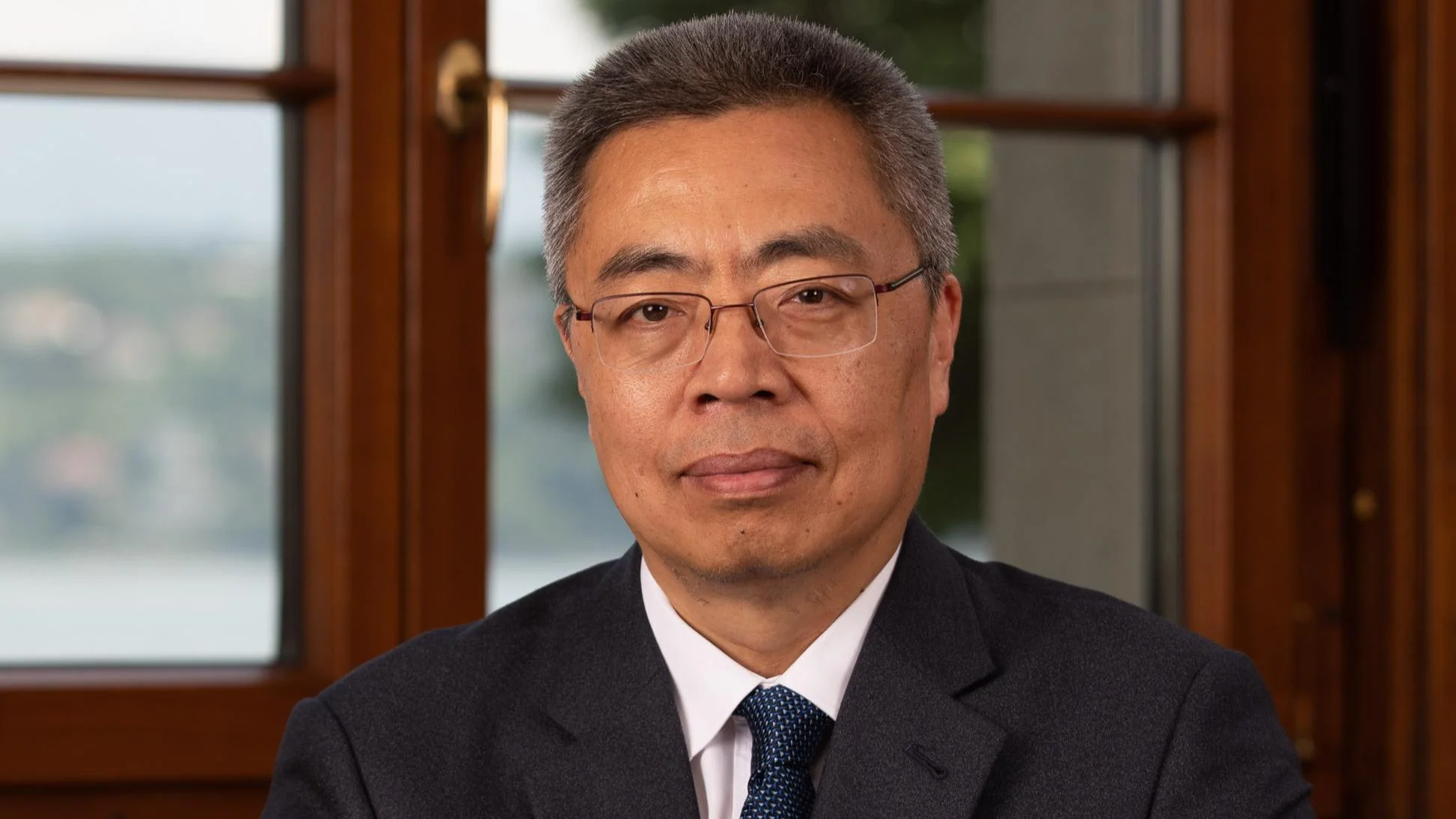Trade’s role in fostering dialogue and peacebuilding was the focus of a session held during the 2025 Geneva Peace Week, which ran from October 13 to 17. The event brought together representatives from conflict-affected World Trade Organization (WTO) members such as Liberia and Mozambique, as well as Oman, to discuss how trade can support stability and cooperation.
Deputy Director-General Xiangchen Zhang addressed participants through a video message. "In today's interconnected world, the boundaries between trade, peace and development are increasingly blurred," he said. "The multilateral trading system provides a framework for predictability, inclusion and dialogue - all essential for sustaining peace. To make this framework truly meaningful, it must respond to the needs of those most affected by fragility and conflict. That means supporting capacity-building, reducing barriers to participation and fostering partnerships that support this effort."
Ambassador Geraldo Saranga of Mozambique described his country’s experience transitioning from civil war to post-war recovery. He emphasized that trade has been important for economic growth, improving livelihoods, connecting communities and reducing reliance on economies affected by conflict. "The opening of markets," he stated, "brought investment, jobs and infrastructure to Mozambique", noting that reforms and regional cooperation like the Maputo Development Corridor also contributed to rebuilding institutions and delivering visible benefits of peace. Ambassador Saranga added that inclusive policies sensitive to conflict—and focused on empowering women, youth and smallholder farmers—are crucial drivers of stability.
Liberia’s Chargé d'affaires Ezekiel Pajibo highlighted the work of the Liberian Truth and Reconciliation Commission in considering economic factors related to trade. He pointed out that reforms after conflict—including those tied to WTO accession—were key in redirecting trade towards reconstruction efforts. Pajibo noted that WTO accession led to investments totaling about USD 3 billion but called for greater efforts so these benefits reach more people through skills training and job creation.
Mohammed Al Balushi, Oman's Deputy Permanent Representative, discussed his country’s long history with diplomacy rooted in trade across maritime routes like the Indian Ocean. He said: "Throughout history, trade and peace have been inseparable - two sides of the same coin." Al Balushi explained that Oman’s foreign policy is based on balance and constructive engagement: being "a true friend to all, and an enemy to none." He stressed Oman’s active role in WTO agreements such as the Trade Facilitation Agreement and Fisheries Subsidies Agreement reflects its belief that shared economic interests underpin peace.
Interpeace President Itonde Kakoma closed the session by commending panelists for showing how trade guided by strategies responsive to peace can bridge development with stability. "Trade is not inherently positive or detrimental - it depends on the policies that shape it," Kakoma said. "By understanding trade as an opportunity and applying intentional, peace-responsive strategies, we can turn it into an instrument that fosters cooperation and sustainable peace." He reiterated Interpeace's collaboration with the WTO's Trade for Peace initiative demonstrates how accession processes—for example Somalia's—can help strengthen state institutions.
The session was part of Geneva Peace Week activities aiming at promoting dialogue around global challenges related to security.
The WTO's Trade for Peace Programme works toward leveraging international commerce as a tool for supporting security worldwide by encouraging cooperation among organizations involved in humanitarian aid, development work, peacemaking efforts alongside governments dealing with fragility or conflict situations since its launch at Buenos Aires’ Ministerial Conference in December 2017.

